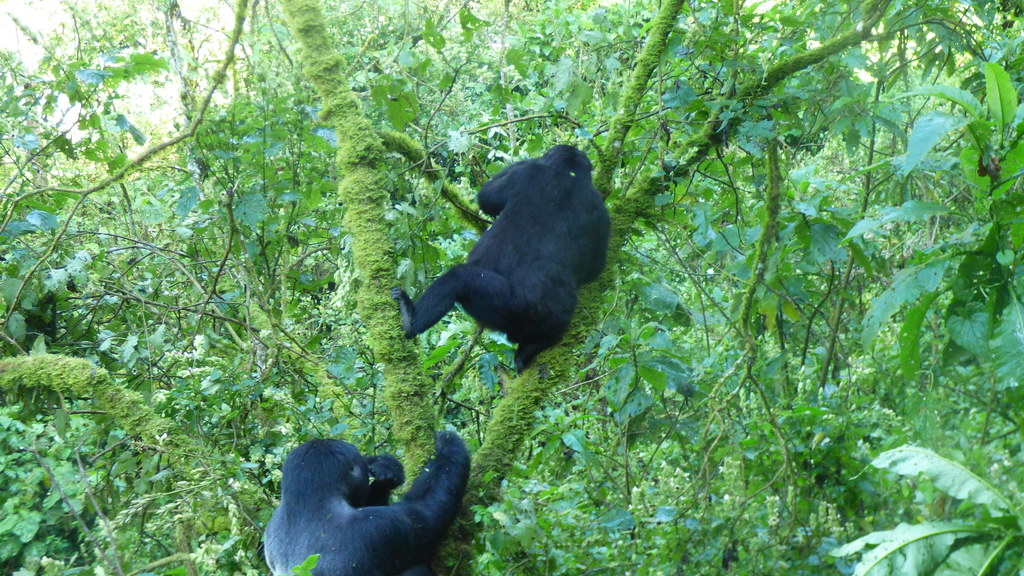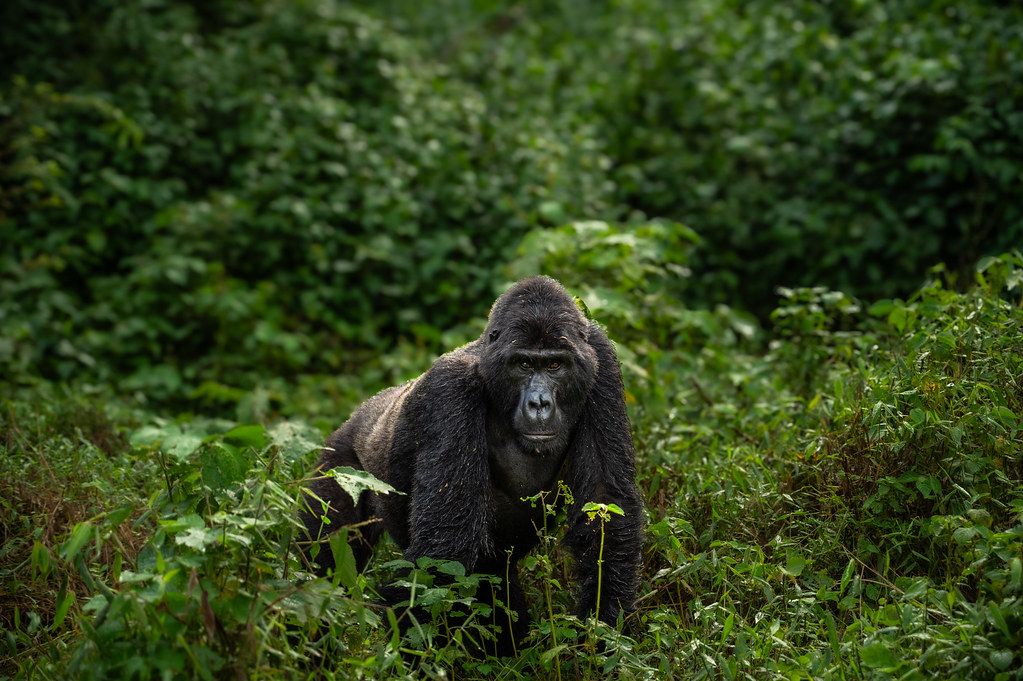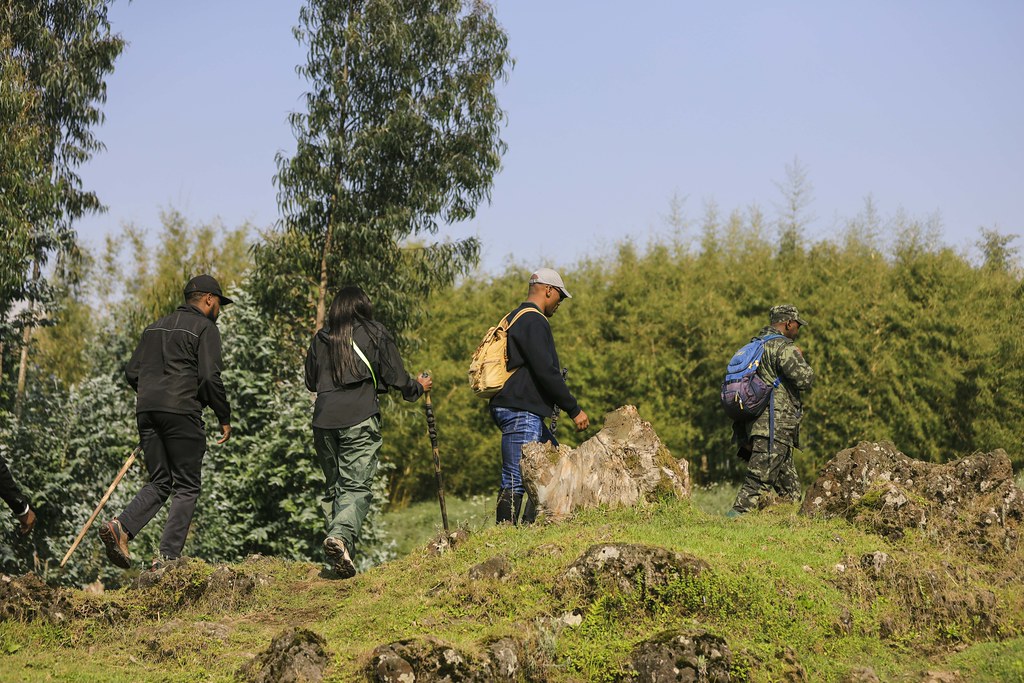The Intriguing World of Silverback Gorilla Battles
Curious about the reasons behind the silverback gorilla’ battles? Male gorillas transform into silverbacks as they grow, showcasing a striking patch of grey hair on their backs and shoulders.
In a mountain gorilla family, only the silverback male takes charge, guiding the group and having the opportunity to mate with any female present.
Female mountain gorillas reach sexual maturity at a younger age than their male counterparts.
What causes silverback gorillas to engage in battles?
Silverback gorillas typically avoid unnecessary conflicts, but when the situation demands, they engage fiercely, resulting in injuries that can occasionally be fatal, even though such confrontations are uncommon in stable gorilla groups.
Here are a few reasons why silverback gorillas engage in battles:
In the wild, silverback gorillas often engage in fierce battles when a male seeks to assert his authority and claim leadership over the group.
Female mountain gorillas: Occasionally, silverback mountain gorillas engage in fierce battles when a dominant silverback becomes aware that a male in the group is courting the females. The powerful silverback in the troop holds exclusive rights to the group’s females.
When two groups of silverback mountain gorillas encounter each other, tensions rise, leading to fierce confrontations as the silverbacks defend their territory and assert their dominance.
Group breakups: Silverbacks engage in battles when a male seeks to depart with certain members to establish his own family.
Lone silverbacks: Silverback gorillas occasionally engage in battles with solitary silverbacks who seek to capture members from other gorilla groups to establish their own families.
In conclusion, mountain gorillas typically avoid conflicts without first signaling their intentions to rivals, employing sounds like groaning and loud hoots, thundering strikes to the ground, chest-beating, and the dramatic tossing and tearing of vegetation. Silverbacks often display warning signals before launching an attack, and if the challenger continues to provoke, they will ultimately strike.
Mountain gorillas wield their powerful canine teeth for biting and their robust muscular hands for striking; they inflict serious injuries and can occasionally pull the predator along.
Mountain gorillas rarely pose a threat to humans, particularly those that are accustomed to human interaction, unlike their unhabituated counterparts who may react unpredictably.
Price of gorilla permits
The price of gorilla permits varies across the three countries: Rwanda sets its fee at $1500, the Democratic Republic of Congo at $400, and Uganda at $800. Gorilla permits are often sought after, making it essential to secure them ahead of time before embarking on your journey for gorilla trekking.
Young adventurers under 15 years old or those who are unwell will not be permitted to embark on the trek to see mountain gorillas.



